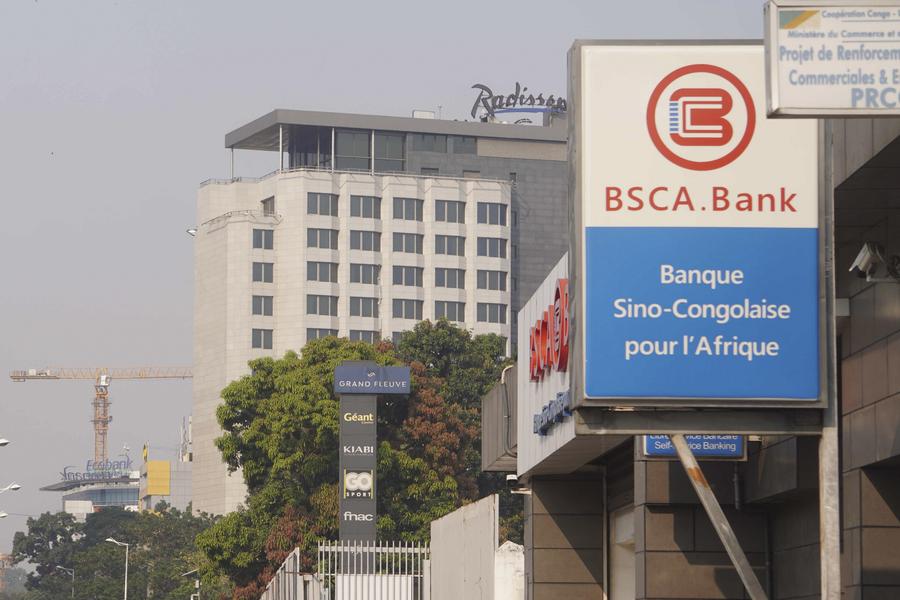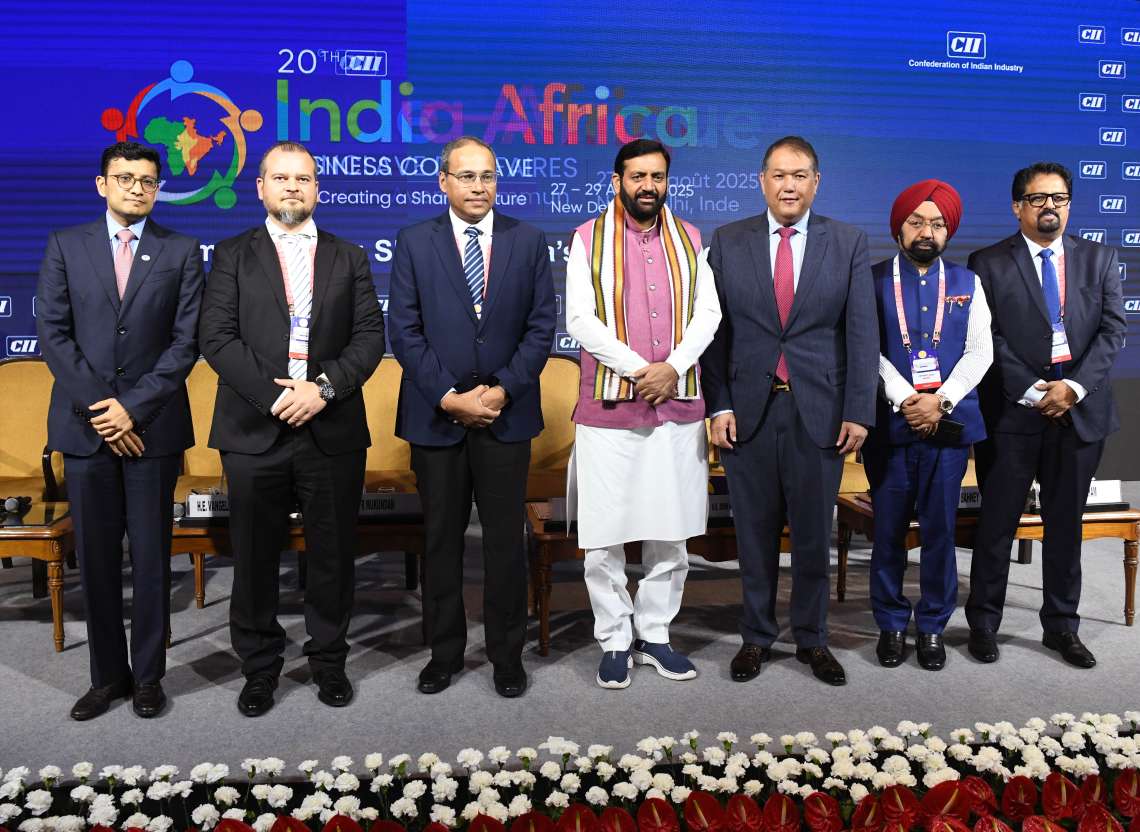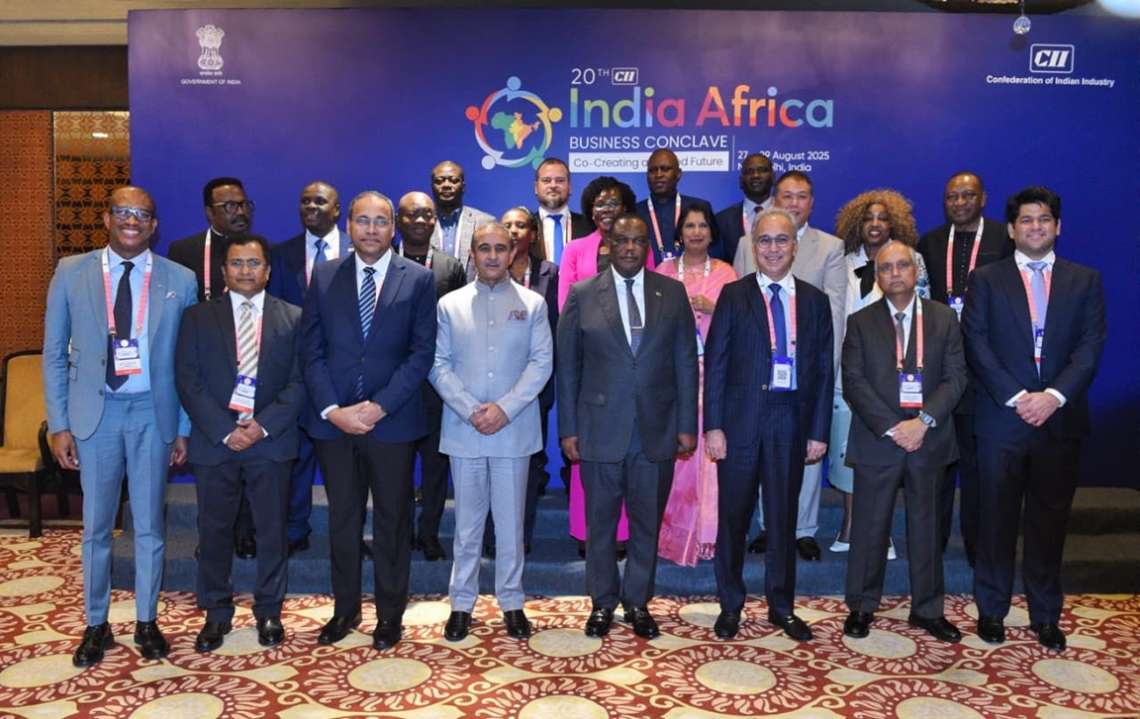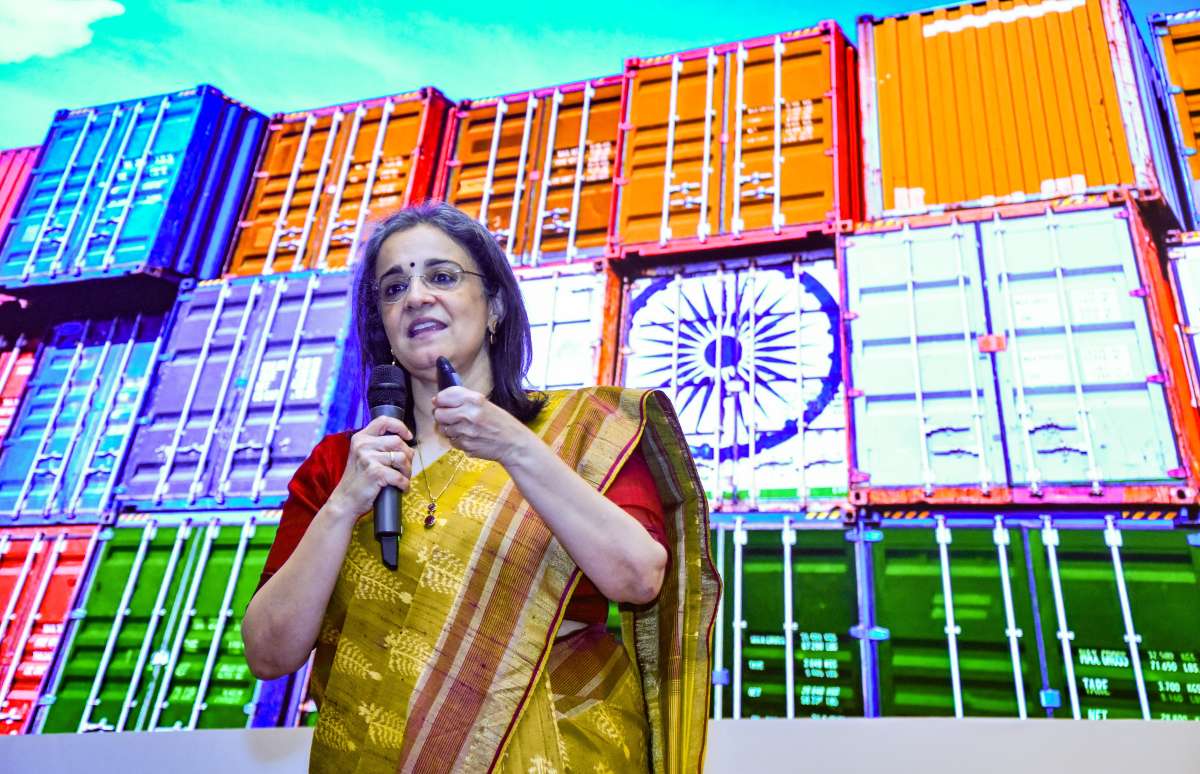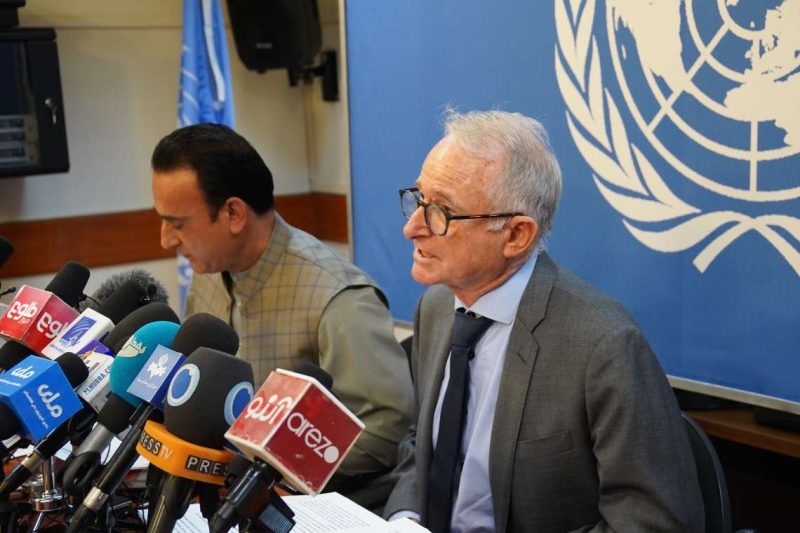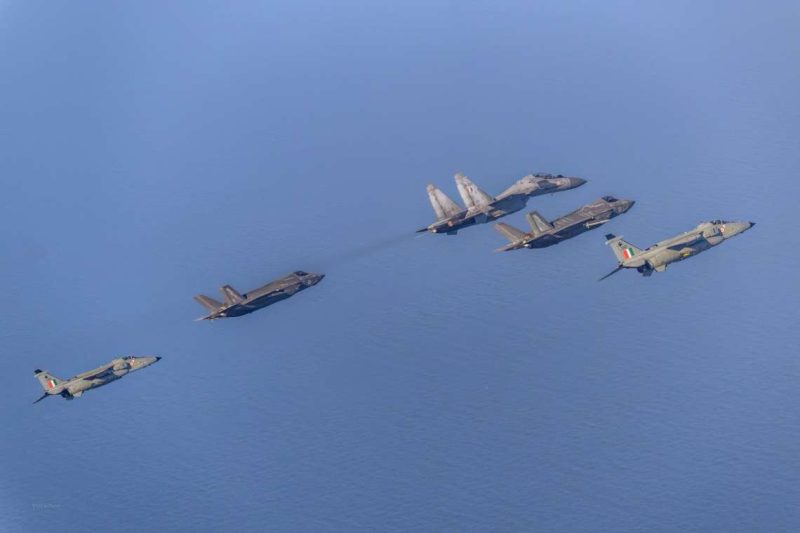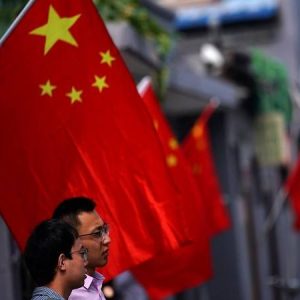The international economic and financial regime should be reformed urgently to address imbalances that work against the socioeconomic needs of African countries, campaigners say…reports Asian Lite News
The international economic and financial regime should be reformed urgently to address imbalances that work against the socioeconomic needs of African countries, campaigners said at a virtual forum in Nairobi, the Kenyan capital.
The global financial system in its current form has disadvantaged African nations grappling with shrinking fiscal space, the climate crisis and high youth unemployment, the campaigners noted.
Jane Nalungu, the executive director of the Southern and Eastern Africa Trade Information and Negotiations Institute (SEATINI)-Uganda, said that by reforming the international financial architecture that was established more than 70 years ago, African states will have better leverage in domestic revenue mobilization, green transition and poverty alleviation.
“The ongoing debate about reforming the global economic and trading system comes at the opportune moment for Africa as we explore ways to address chronic stagnation that has impaired (the) provision of critical services like education and health,” Nalungu said.
According to Nalungu, even globalization has not unleashed the desired socioeconomic benefits in Africa as the continent finds itself trading more with cheaper raw agricultural commodities.
In addition, Nalungu said that over-dependence on commodities has locked out African countries from a global trading system that favors trade in technology, services and value-added goods.
By reforming the international financial and trade treaties, it will be possible to address the cycle of indebtedness, trade deficit and balance of payment challenges weighing heavily on African states, Nalungu observed.
Chenai Mukumba, the executive director of Tax Justice Network Africa, said the ongoing push for democratization of the global financial and tax regime will benefit the continent in terms of boosting domestic resource mobilization, taming public debts, enhancing access to basic services like water, education, sanitation and health.
Mukumba believed that Africa could leverage its vast mineral wealth, domestic reforms and improved accountability to spur economic growth, limit borrowing and ease political tensions.
She added that tightening oversight is key to sealing legal loopholes that have escalated capital flight and tax evasion by multinational firms that have invested in the continent, denying governments revenue to support the provision of critical services like clean water, electricity, education and health.
Jason Braganza, the executive director of the African Forum and Network on Debt and Development, said the urgency to reform the global financial architecture is informed by the need to hasten a green, just and resilient transition in a continent already dealing with climate emergencies, sluggish growth, threat of pandemics and social tensions linked to poverty.
Meanwhile, tax experts are calling on countries to cooperate at the international level to be able to raise taxes and meet the growing expenditure needs.
Dr. Farzana Sharmin from the United Nations Economic Commission for Africa has emphasized the need to push for inclusivity in the tax system to achieve a just tax system for all.
Sharmin has also highlighted the need to develop knowledge, research, and capacity to deal with emerging global tax issues using experts in governments, the private sector, development partners, and civil society.
She was speaking via a recent Zoom engagement organized by the Southern and Eastern Africa Trade Information and Negotiations Institute (SEATINI) – Uganda together with the Tax Justice Network Africa to unpack the significance of the UN vote for advancing the UN Framework Convention on International Tax Cooperation and its potential implication on international tax governance.
Experts say the global tax landscape is rapidly evolving, and the recent UN General Assembly’s approval of resolution 77/244 of 30 December 2022 dubbed “Promotion of Inclusive and Effective International Tax Cooperation” marks a pivotal moment in reshaping international tax governance.
The resolution, championed by the Africa Group emphasizes the need for inclusivity in international tax cooperation and highlights the disparity in representation and decision-making within existing frameworks, particularly affecting developing countries and those in special situations.
The adopted resolution is a key milestone for the advocacy of the global south countries that had long decried international tax policies that have failed to address inherent challenges in international tax governance given the “disequilibrium” of the international financial architecture.
Regina Navuga, Programme Coordinator, Financing for Development at SEATINI said, it is essential to ensure that the Convention remains relevant and effective in promoting equity in the ever-evolving realm of international tax cooperation.
She added: “This will also require regional coordination and cooperation. It is better for regional blocs, in this case, the East African Community region, to discuss and come up with a regional position, which can then inform the African position to attain the commitment to strengthening tax systems and fostering tax equity.”
Jolly Mutesi Uhiriwe, a tax lawyer from the Uganda Revenue Authority said, the UN resolution would strengthen countries’ participation in the international tax system. She added that the evolving business environment where businesses are now operating without physical offices requires countries to exchange information to be able to raise the required taxes and meet the expenditure needs in their respective budgets.
ALSO READ-South Africa passes Climate Change Bill


